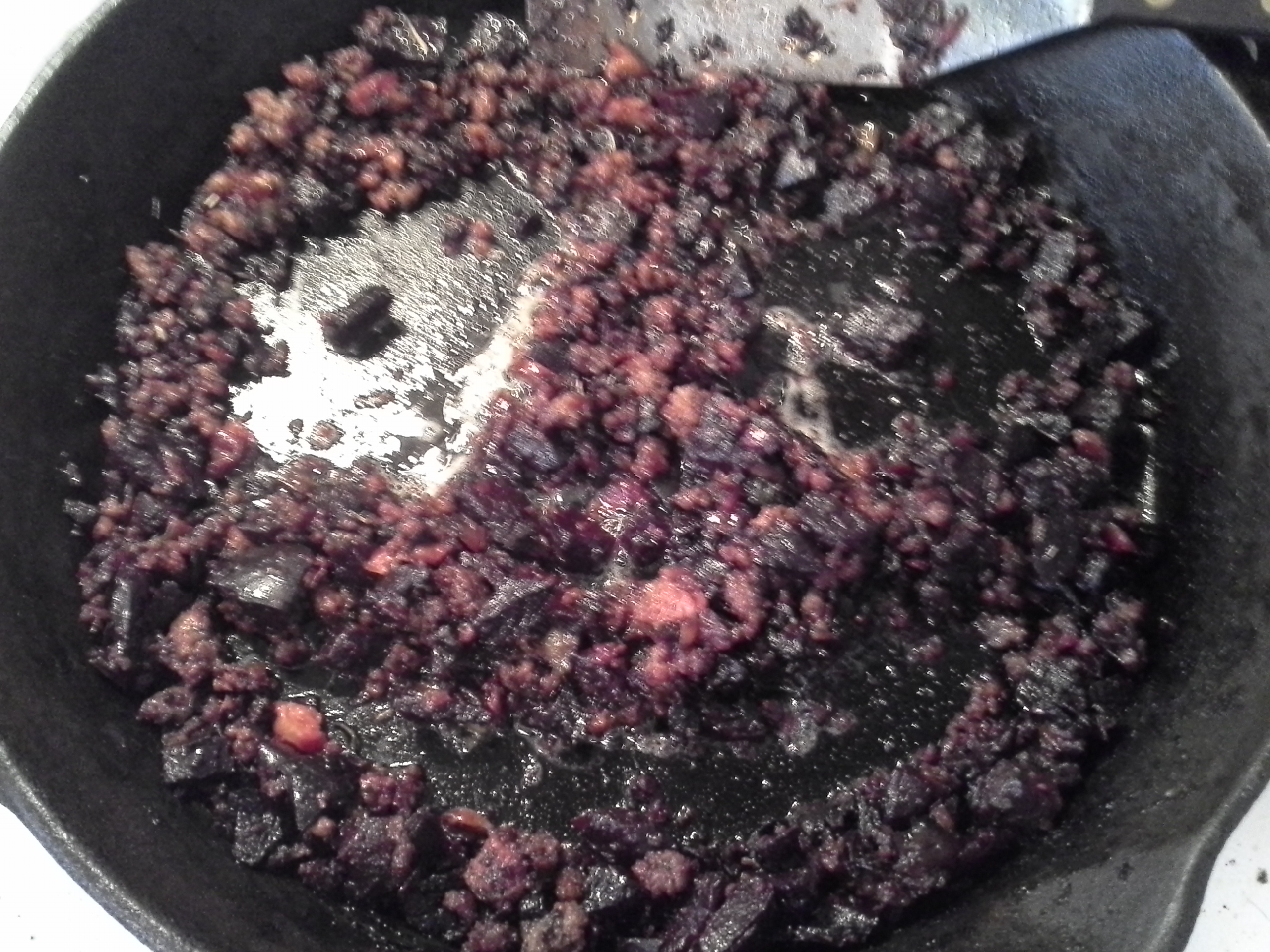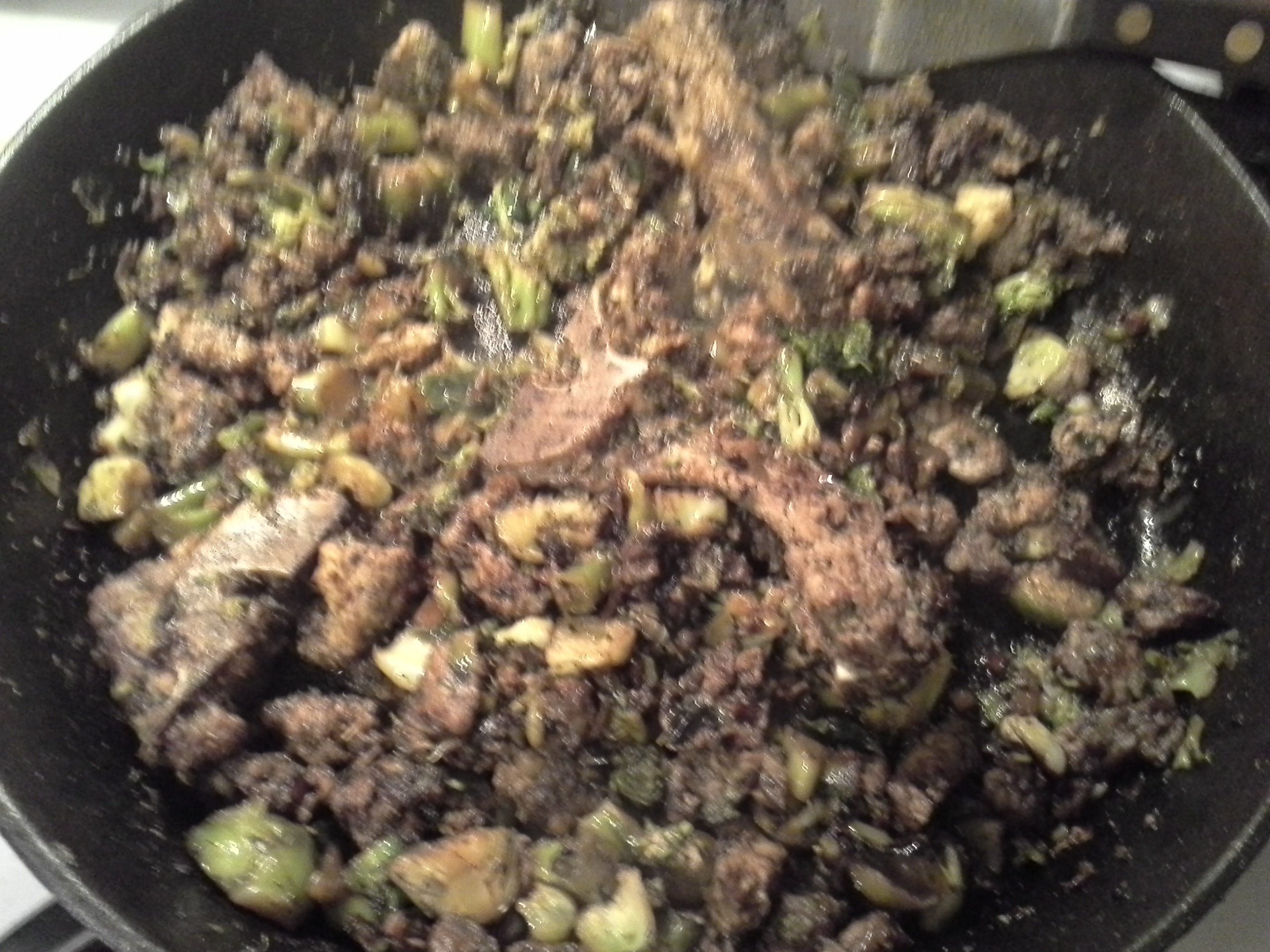I’ve mentioned the work of science journalist Gary Taubes a few times since I began this Whole30 program. As it happens, Taubes published an excellent new piece in the New York Times today, about the unbelievably shoddy state of nutrition science.
After pointing out that some basic modern assumptions about diet have never been tested because it’s too expensive, he goes on to explain:
Nutritionists have adjusted to this reality by accepting a lower standard of evidence on what they’ll believe to be true. They do experiments with laboratory animals, for instance, following them for the better part of the animal’s lifetime — a year or two in rodents, say — and assume or at least hope that the results apply to humans. And maybe they do, but we can’t know for sure without doing the human experiments.
They do experiments on humans — the species of interest — for days or weeks or even a year or two and then assume that the results apply to decades. And maybe they do, but we can’t know for sure. That’s a hypothesis, and it must be tested.
And they do what are called observational studies, observing populations for decades, documenting what people eat and what illnesses beset them, and then assume that the associations they observe between diet and disease are indeed causal — that if people who eat copious vegetables, for instance, live longer than those who don’t, it’s the vegetables that cause the effect of a longer life. And maybe they do, but there’s no way to know without experimental trials to test that hypothesis.
The associations that emerge from these studies used to be known as “hypothesis-generating data,” based on the fact that an association tells us only that two things changed together in time, not that one caused the other. So associations generate hypotheses of causality that then have to be tested. But this hypothesis-generating caveat has been dropped over the years as researchers studying nutrition have decided that this is the best they can do.
One lesson of science, though, is that if the best you can do isn’t good enough to establish reliable knowledge, first acknowledge it — relentless honesty about what can and cannot be extrapolated from data is another core principle of science — and then do more, or do something else. As it is, we have a field of sort-of-science in which hypotheses are treated as facts because they’re too hard or expensive to test, and there are so many hypotheses that what journalists like to call “leading authorities” disagree with one another daily.
It’s an unacceptable situation. Obesity and diabetes are epidemic, and yet the only relevant fact on which relatively unambiguous data exist to support a consensus is that most of us are surely eating too much of something. (My vote is sugars and refined grains; we all have our biases.) Making meaningful inroads against obesity and diabetes on a population level requires that we know how to treat and prevent it on an individual level. We’re going to have to stop believing we know the answer, and challenge ourselves to come up with trials that do a better job of testing our beliefs.
That’s why I’m so interested in projects like Whole30. The scientific community has fallen down on the job, assuming as facts many hypotheses that have never been confirmed. In lieu of reliable data from controlled experiments, I control my data in an ongoing series of personal experiments. Although my own results aren’t directly applicable to anyone else, they may well inspire somebody else to engage in a similar bout of self-experimentation. One by one, ingredient by ingredient, we can figure out how our bodies respond to food.
Here are my food photos for day 26:
Sunday, Feb. 9
I woke up at 10:45 a.m. (after heading to bed at 2:15 a.m.).
I slept even later this morning than yesterday, much longer than I had intended — I mean, I’d set my alarm for 8:55 a.m. again, and failed. It’s really easy to ignore the alarm when I know that I don’t have any pressing reason to get up. This was, at least the first full night’s sleep I’ve had in days.
Breakfast: 11:35 a.m. | 8 oz. ground pork, 2 beets, 5 brussels sprouts, 1/2 sweet onion, 4 cloves garlic, 2 Tbsp. coconut oil, herbs & spices
Lunch: 5:05 p.m. | 7 oz. steak, 2 eggs, 1 oz. baby spinach, 2 Tbsp. red palm oil, herbs & spices
Dinner: 10:10 p.m. | 1 pork chop, 1/6 bunch broccoli, 6 brussels sprouts, 1/2 sweet onion, 4 cloves garlic, 2 Tbsp. coconut oil, herbs & spices
I ate half of the contents of the skillet below, saving the other half for breakfast.








